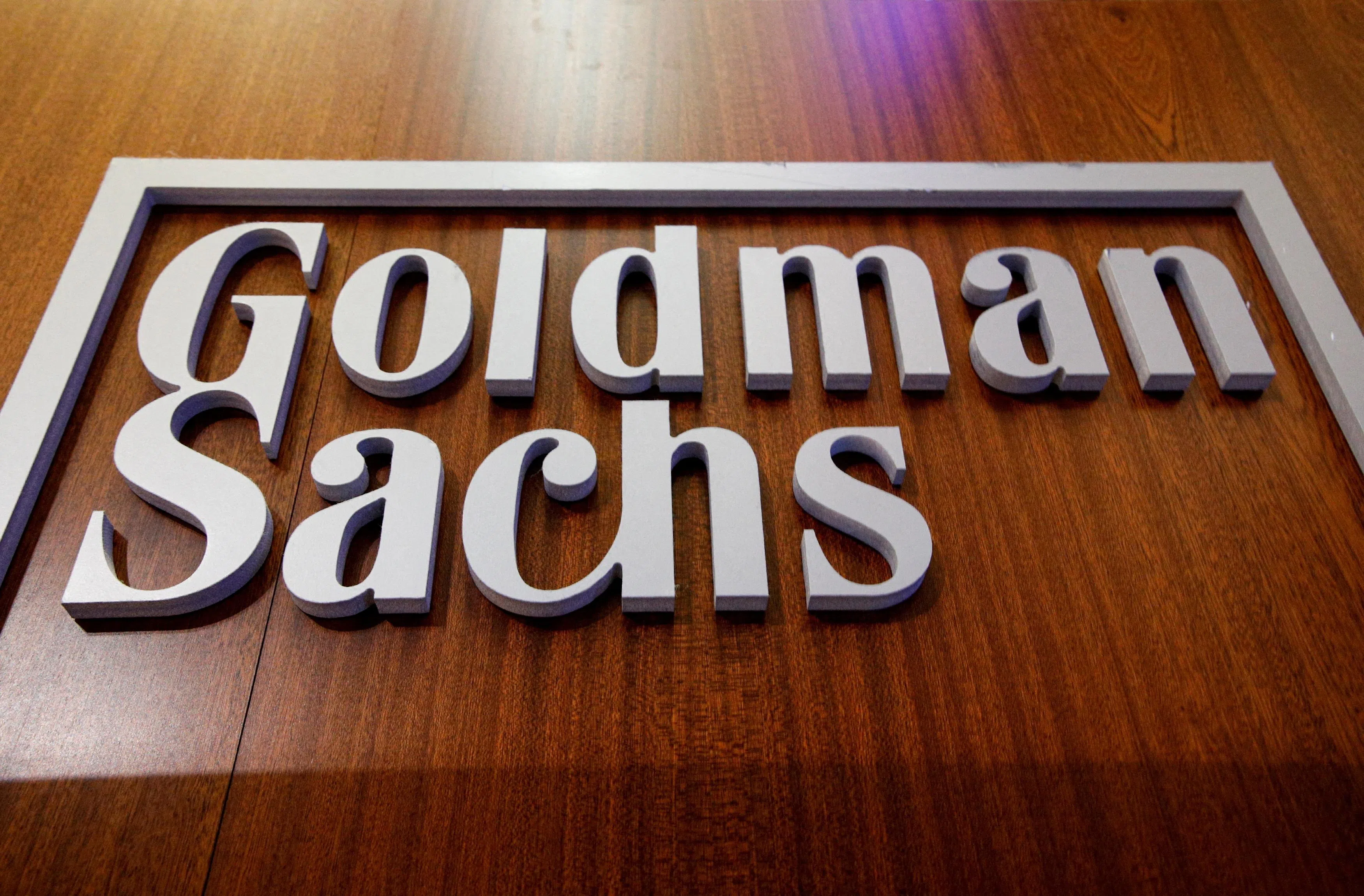GOLDMAN Sachs is selling a bond that will help it offload risk from a portfolio of about US$2 billion of loans, according to sources with knowledge of the matter.
The bank is selling notes that are tied to a pool of loans to private market funds, the sources said. If enough of the loans default, investors in the bonds will lose principal, a kind of transaction known as a synthetic risk transfer (SRT) or a significant risk transfer.
The notes are likely to be priced at less than 500 basis points, or 5 percentage points, above a benchmark, the sources said. Deal terms are still being discussed with potential investors, said the sources, who asked not to be identified because the details are private.
A Goldman Sachs representative declined to comment.
The loans backing this planned deal are known as subscription lines of credit. These kinds of loans are usually for private equity and other private market funds that raise money from investors in the form of commitments. When the fund needs the money, it asks investors to fork over the cash.
But funds can get subscription lines to pay for those investments instead, and then ask for money from their investors later. Those loans can boost fund returns.
BT in your inbox
Start and end each day with the latest news stories and analyses delivered straight to your inbox.
SRT transactions have become increasingly popular in recent years. While European banks had been the biggest users, future SRT volume growth is expected to be driven by Wall Street firms – in part because they will likely face additional regulatory capital requirements as a consequence of the so-called Basel III Endgame rules.
JPMorgan Chase and Wells Fargo have sounded out investors on such deals, Bloomberg News has reported. SRTs often entail a bank earmarking a pool of loans on its balance sheet and buying credit default protection on the first 5 to 15 per cent of the losses of that pool. That purchase is often made through selling a credit-linked note to investors.
In an SRT, banks typically issue notes linked to a pool of loans that also include a credit derivative and provide default protection for loan portfolios. The deal effectively transfers a bank’s credit risk, allowing the lender to cut the amount of regulatory capital required to hold against the assets.
Investors usually receive a floating-rate coupon, offering a fixed premium above the Secured Overnight Financing Rate. Yields on SRTs have frequently topped 10 per cent.
Demand from the likes of large private- and structured-credit funds has helped narrowed SRT premiums by at least 200 basis points from 2022’s peak, according to a Jul 11 report by Man Institute, part of Man Group, an investor in such notes. BLOOMBERG




